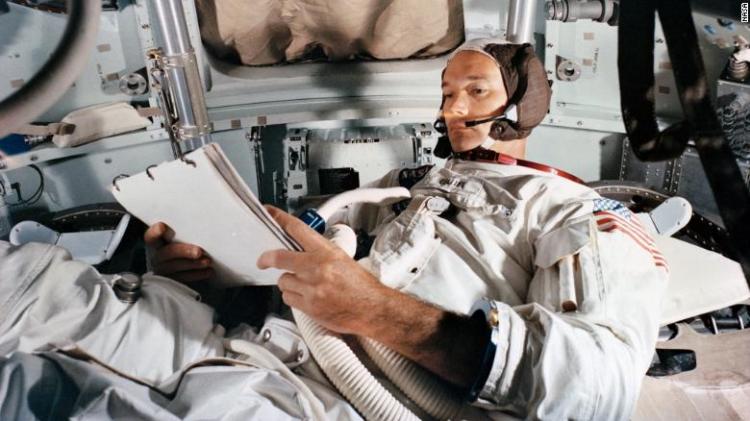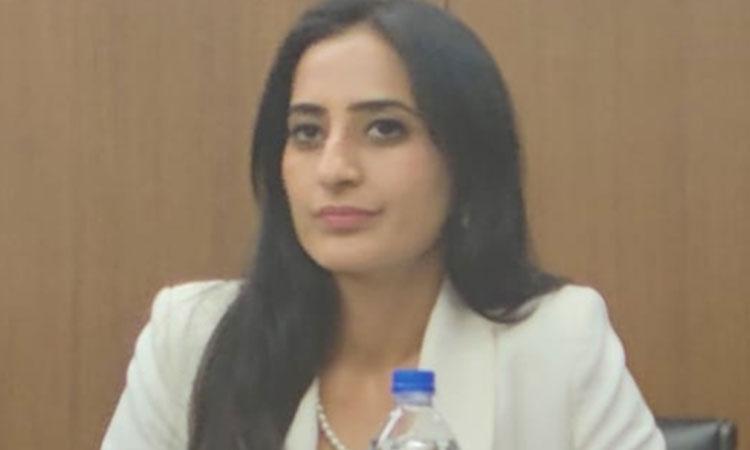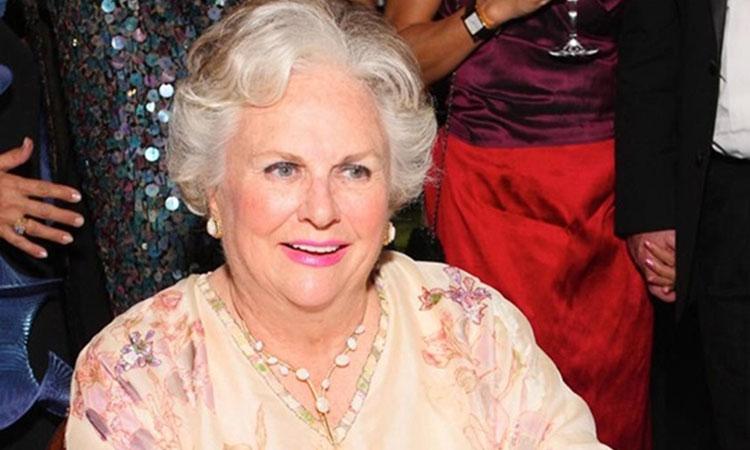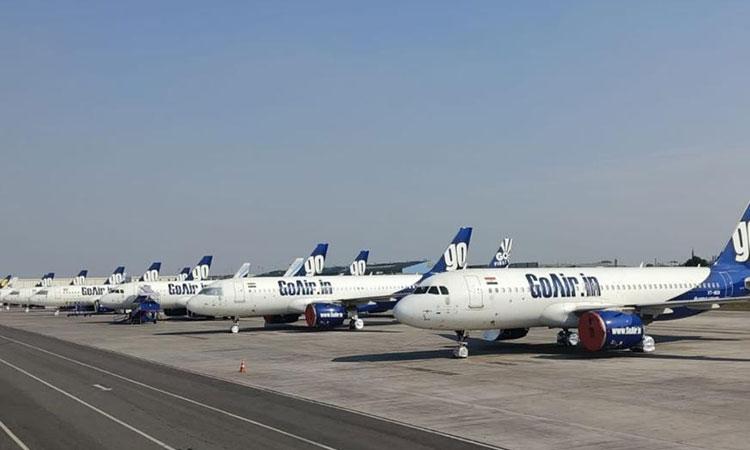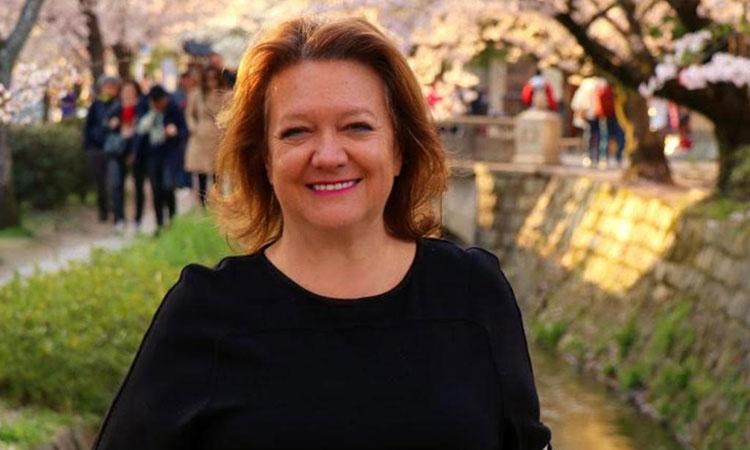Michael Collins, who flew the Apollo 11 command module Columbia around the Moon in 1969 while his crewmates, Neil Armstrong and Buzz Aldrin, passed away yesterday and tributes from all over the world has been pouring in for this space legend. As the world bid him goodbye, we bring you the success story of this forgotten astronaut.
Collins was born in Italy, and came from a military family. His father and brother were US Army generals, and his uncle was the Army chief of staff. He decided to "sneak off" to the US Air Force instead.
In 1961, Collins was a student at the US Air Force Test Pilot School at Edwards Air Force Base in California. That year, President John F. Kennedy said that the United States would put a man on the moon by the end of the decade and return him safely to Earth, Collins remembered vividly. Collins went on to become one of the astronauts chosen for the Gemini program. He was the third American to perform a spacewalk. Including the Apollo 11 mission, Collins logged 266 hours in space.
Collins and about 80% of his peers were "gung-ho," he recalled in an CNN Chief Medical Correspondent Dr. Sanjay Gupta to reflect on the 50th anniversary of the historic Apollo 11 mission in 2019.
NASA and the idea of the Mercury and Gemini programs, which set up for the Apollo program, were attractive, and the space program seemed like a promotion, he said. The six years between 1963 and 1969 flew by. Collins and his fellow astronauts worked hard, rising early and neglecting breaks on the weekends. They rarely saw their families and flew from coast to coast, visiting facilities where parts of the spacecraft were being manufactured.
They attended classes to learn everything about the spacecraft they would be flying and spent countless hours in simulators that replicated their missions to conquer every possible error.
The launch day on July 16, 1969, arrived quickly and Collins became the third US spacewalker when he retrieved a micrometeorite detection device from the rocket of an Agena target-docking vehicle .
"We regret to share that our beloved father and grandfather passed away today, after a valiant battle with cancer. He spent his final days peacefully, with his family by his side. Mike always faced the challenges of life with grace and humility, and faced this, his final challenge, in the same way. We will miss him terribly. Yet we also know how lucky Mike felt to have lived the life he did. We will honor his wish for us to celebrate, not mourn, that life," read a statement from the Collins family.

